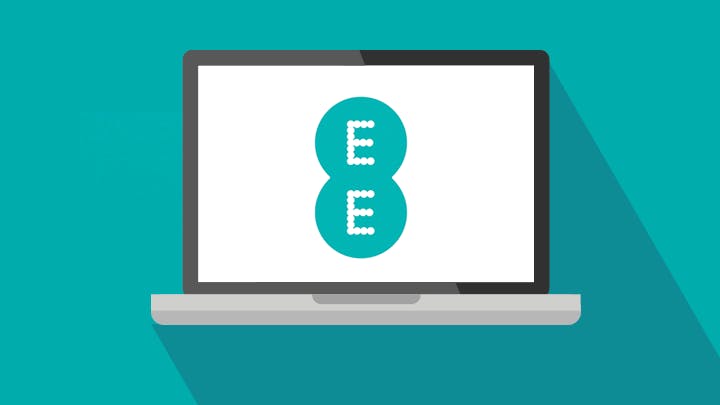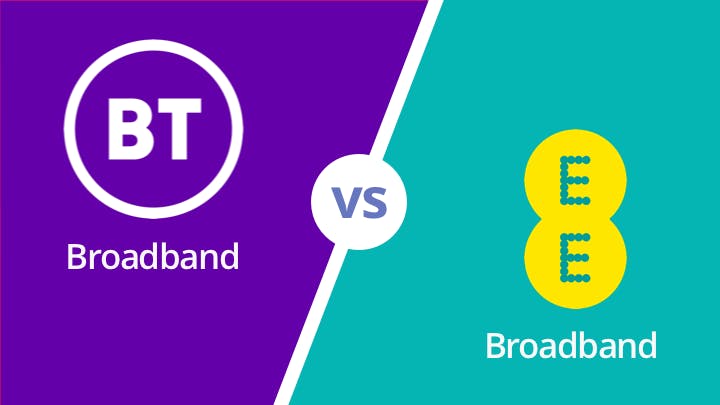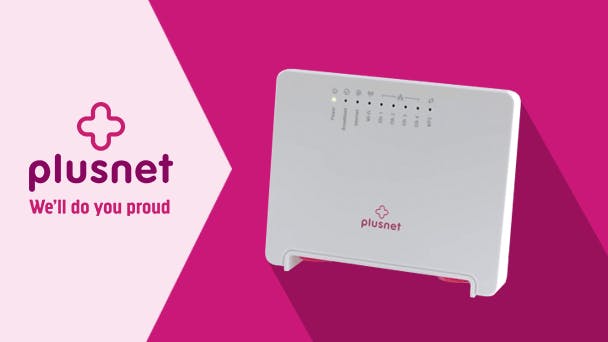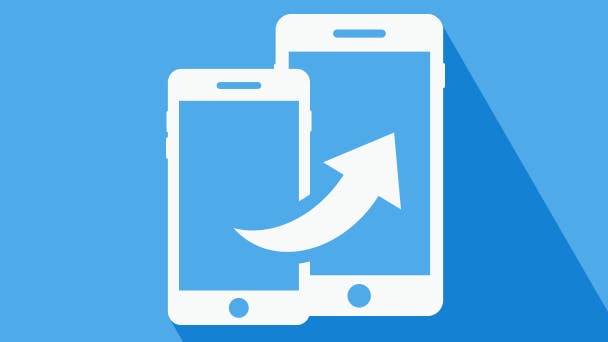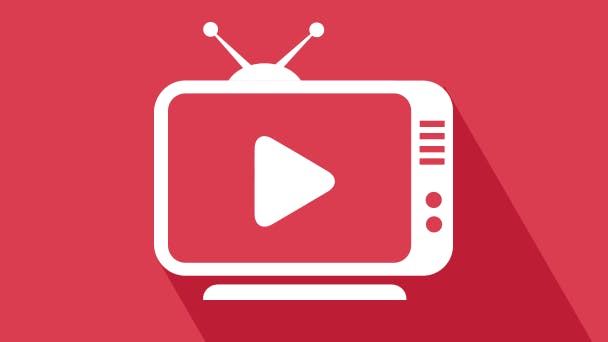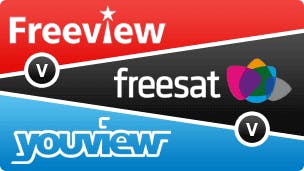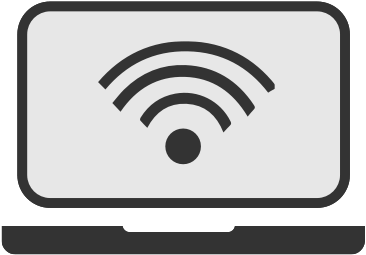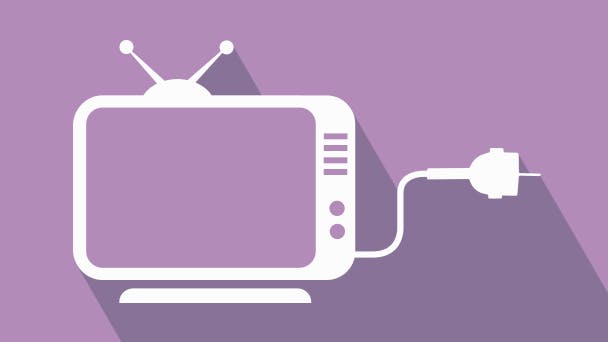
There are lots of ways to get your telly in the UK - we’ve got satellite dishes, internet-based TV, and the good old TV aerials. And then there’s cable TV.
In an era of streaming services and digital downloads, cable TV still holds a significant place in many households. But what exactly is cable TV, and how does it differ from other types of television services?
Understanding cable TV
Cable TV is a form of television broadcasting that is delivered to viewers via high-powered coaxial cables. These cables are designed to transmit large amounts of data, making them ideal for providing a multitude of channels and services.
In contrast, Freeview and YouView are provided through TV aerials and sometimes the internet; and you get Sky TV via satellite. Each of these services offers a different range of channels and features, depending on the type of connection and provider.
The roots of cable TV in the UK can be traced back to 1936, with the advent of Piped TV. This service was a boon for those who were unable to receive satisfactory broadcast signals. Over the decades, cable television has undergone a series of transformations, leading to the modern services we see today.
These days, 'cable TV' generally means premium telly from Virgin Media, which gets you up to 250 channels or so on the biggest package. Virgin Media also delivers its broadband through the very same coaxial cable, so the TV set-top box you get with a TV package also has access to content like catch-up TV, apps, and box sets.
Cable TV Providers
Virgin Media

- 362Mb average* speed
- No TV channels
- £0.00 Setup costs
- 24 month contract
- £26.99 per month
- £30.49 Avg. monthly cost

- 264Mb average* speed
- No TV channels
- £0.00 Setup costs
- 24 month contract
- £28.99 per month
- £32.49 Avg. monthly cost
*Average speeds are based on the download speeds of at least 50% of customers at peak time(8pm to 10pm). Speed can be affected by a range of technical and environmental factors. The speed you receive where you live may be lower than that listed above. You can check the estimated speed to your property prior to purchasing.
Virgin Media is by and large the biggest cable TV provider in the country, covering somewhere around 80% of the population. Its network is the product of the merger of several cable providers, including NTL, Telewest, and Smallworld Cable. This consolidation has resulted in an expansive network that continues to grow.
Virgin Media's offerings are vast, with TV packages that include anywhere from 70 to nearly 250 channels. Customers also get additional perks such as box sets, catch-up services, and the TV set top box, which allows for recording and pausing live TV.
Regional cable TV
While Virgin Media dominates the cable TV market, there are smaller, regional players as well. For instance, WightFibre provides services to residents on the Isle of Wight. These providers often cater to local audiences and may offer specialised content.
IPTV
Some people describe services such as TalkTalk TV as 'cable TV', because most of the services are delivered through a cable. However, this cable is an ethernet one that connects the set-top box to your home broadband, and there's no coaxial cable involved. Instead, these services are known as IPTV, or internet protocol television, which utilises a different technology for content delivery.
How to get cable TV
If you're considering getting cable TV, you can start by using a TV comparison tool with your postcode to check Virgin Media's availability in your area. Should you decide to proceed, an engineer visit might be required for the initial setup, and you'll likely need to subscribe to Virgin Media's phone and possibly broadband services as well.
No dice? Don't worry - there are plenty of other options for getting lots of TV. There's satellite telly from Sky, for instance, which is available almost everywhere and can give you over 300 channels.
Alternatively, if you're interested in specific channels like TNT Sports, Sky channels, Discovery, or kids' TV, you might want to explore services from TalkTalk or Now TV.
Pros and cons of cable TV
Pros
- Cable TV provides a rich selection of approximately 250 channels, including several in HD and most Sky channels
- The service generally experiences less interference and reception loss compared to aerial-based services
- Virgin Media particularly offers a range of features such as recording, premium channels, and box sets
- You can get it bundled with broadband and home phone, which can be convenient and often cost-effective
Cons
- Cable TV's availability is more limited than other services, with Virgin Media reaching about 80% of UK homes, while Freeview boasts 99% coverage
- It offers fewer channels in comparison to Sky TV
- Installation tends to be more complex and intrusive than for services like Freeview or YouView
- Generally, cable TV is one of the pricier television service options
Cable TV has been a staple in home entertainment for decades, offering a wide array of channels and features that continue to attract viewers. Whether you're a movie buff, a sports fanatic, or someone who loves binge-watching series, cable TV has something for everyone. However, it's important to weigh the pros and cons, and consider all available options, to choose the service that best fits your entertainment needs and lifestyle.

